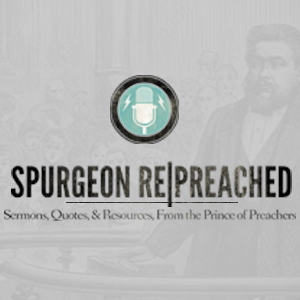There is, however, a truth that is even more significant and instructive than that. It is not merely true that we were once Christ’s enemies, and that we were also utterly insignificant, and unworthy of his notice; but it is wonderful that he should lay down his life for such unworthy friends, even as friends, as we are. There are some professing Christians who can speak of themselves in terms of admiration; but, from my inmost heart, I loathe such speeches more and more every day that I live. Those who talk in such a boastful fashion must be constituted very differently from me. While they are congratulating themselves all upon the good things that they find within themselves, I have to lie humbly at the foot of Christ’s cross, and marvel that I am saved at all, for I know that I am saved. I have to wonder that I do not believe Christ more, and equally wonder that I am privileged to believe in him at all;—to wonder that I do not love him more, and equally to wonder that I love him at all;—to wonder that I am not holier, and equally to wonder that I have any desire to be holy at all considering what a polluted, debased, depraved nature I find still within my soul notwithstanding all that divine grace has done in me. If God were ever to allow the fountains of the great deeps of depravity to break up in the best man that lives, he would make as bad a devil as the devil himself is. I care nothing for what these boasters say concerning their own perfections; I feel sure that they do not know themselves, or they could not talk as they often do. There is tinder enough in the saint who is nearest to heaven to kindle another hell if God should but permit a spark to fall upon it. In the very best of men, there is an infernal and well-nigh infinite depth of depravity. Some Christians never seem to find this out. I almost wish that they might not do so, for it is a painful discovery for anyone to make; but it has the beneficial effect of making us cease from trusting in ourselves, and causing us to glory only in the Lord.
Charles Spurgeon










